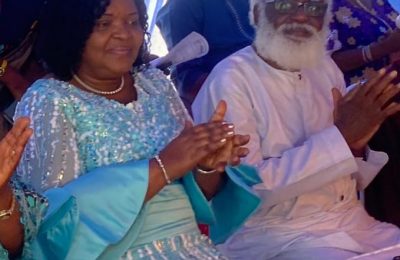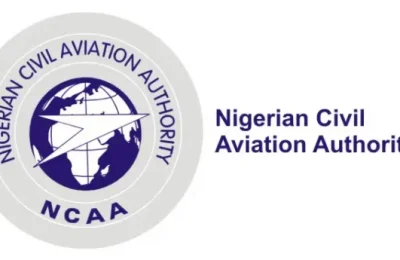
Gender And Development Action (GADA) a national and women’s rights organisation pushing for the rights, economic empowerment, and political emancipation of women, trained Cross River women to promote women’s political participation.
The two-day capacity-building training for women politicians in Akpabuyo and Odukpani Local Governments in Cross River State, came on the heels of commemorating the International Women’s Day by women politicians under the Women’s Voice and Leadership (WVL) project in Nigeria with the theme ‘Breaking Barriers: Advancing Women’s Representation in Leadership’.

Tribune Online gathered that the project aims at tackling the barriers to gender equality and supporting the empowerment of women and girls in Nigeria. Therefore, the training was to further consolidate the gains of the project as it was important to expand the pathways for women to actively participate in all decision-making processes, hence the grassroots involvement.
The Acting Program Manager, GADA, Nnenna Ugbor in her opening remarks said the WVL Nigeria project is a five-year project supported by ActionAid Nigeria with funding from Global Affairs Canada.
According to her, efforts to promote women’s political participation by GADA have been ongoing ranging from advocacy campaigns, capacity building programs support for women candidates, etc.
During the sessions, issues raised surrounded the current political landscape of women in Cross River State and its discouraging status in leadership despite being home to various political parties and vibrant political activities with strong grassroots mobilization and influential political figures.
The areas the women were trained involved effective communication, public speaking and engaging the media, engagement by women politicians in decision-making through strategic analysis of developments, advocating through policy analysis, identifying strategic opportunities, legal framework that supports women’s political participation including Affirmative Action provisions such as the National Gender Policy, using persuasive messages, relationships and partnerships in politics, alliances with and across parties, building reliance, coping strategies, supporting each other, networking and so much more.
Ugbor noted that addressing the challenges will not only promote gender equality but also contribute to more inclusive and effective governance in the state.
At the end of the training, the women identified their collective and individual goals for future efforts to promote inclusive governance and sustainable development in the state.








